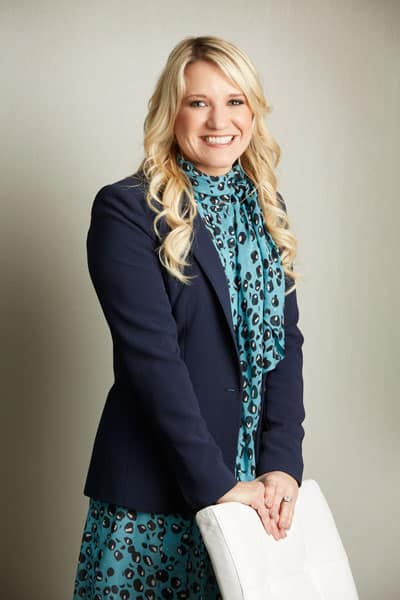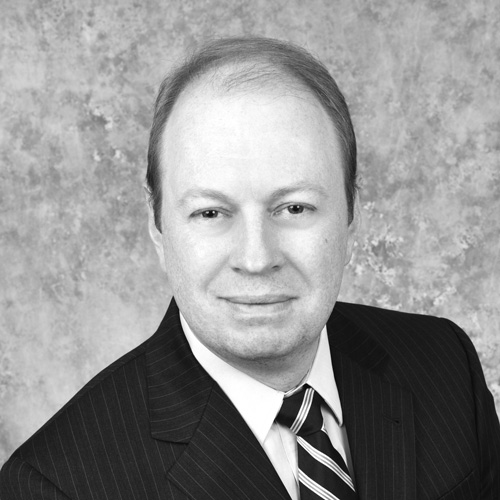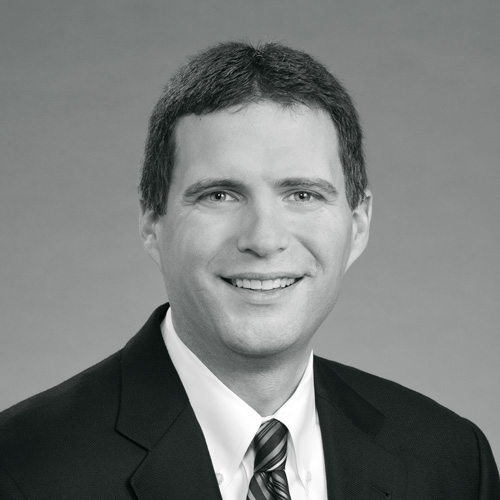There are a lot of preparations to make to climb the twenty-nine thousand feet to Mount Everest’s summit, but chief among those would be to hire a Sherpa who has made the trip countless times before and whose body is accustomed to the altitude and the cold. When Christine Zack—executive VP and chief strategy officer for Mariner Health Care, a trade name used by a group of twenty skilled nursing facilities in California—describes her job, she likens herself to a Sherpa.
“Like a Sherpa, I, as do the rest of the consultants, offer my expertise, guidance, and tools when the climb gets too tough,” she says.
And like a Sherpa, Zack gets right in the middle of the action of her legal work. The empathy she has for the company’s clients and employees and her understanding of their challenges are the result of a number of professional and personal experiences that brought her nose-to-nose with the realities of healthcare.

When she began at Mariner in 2005, Zack’s job almost exclusively involved managing litigation, which required constant travel, mostly mediating lawsuits brought by patients’ family members. And constant is not hyperbole here. During one week that first year, she took eleven separate flights. Over the past thirteen- and-a-half years, she has logged more than 1,260 nights in hotels. She would fly into a place like Corpus Christi, Texas, rent a car, and drive an hour west. This was before rental cars had GPS, so she had to trace her finger along the contours of a map under a dome light and stop to ask for directions. Each of these trips strengthened her empathy both for the affected families and the practitioners accused of negligence.
While Zack can’t disclose details of any particular mediation, she says that one of the difficulties she dealt with most frequently was families who had unrealistic expectations of what healthcare providers could do for a loved one who was more sick and fragile than they understood. She saw this happen in her own family when her grandmother who suffered from dementia was eventually put into hospice care; it was a wrenching process for the family.
“Families who file lawsuits are also the ones who often carry the most guilt,” she says. “I have made it a priority to ensure that mediation relieves a family’s guilt and brings closure.”
Zack also became deeply empathetic toward nurses, who she would see break down in tears during cross-examinations when cases went to trial.
“The nurses lost a beloved patient, and in the adversarial trial system, all the care they provided is being called into question,” she says. “As I moved into more prominent roles, I found myself the target of litigation, and I could tell them I’ve walked in their shoes.”
Then Zack became a patient herself. A sudden reoccurring loss of vision in one eye and an early misdiagnosis of a brain tumor led her to seek care at some of the top hospitals in the country, which modeled for her what healthcare could and should be.
“I have made it a priority to ensure that mediation relieves a family’s guilt and brings closure.”
“At Johns Hopkins, once I registered, I had direct access to my assigned physician,” she says. “That’s the type of service I would expect from a concierge primary care physician, not from Johns Hopkins. That access to a physician 24/7, with a quick response time, takes access to a different level. It was time-consuming advocating for myself, being persistent enough to get behind screeners and schedulers and registered, but once I was in, all that time and energy paid off.”
The effect of all of these experiences she’s had working in the industry, as well as being a patient herself, has been twofold, she says.
“It’s made me more empathetic to the concerns of patients and families,” she says. “I understand their frustrations and make myself more accessible to them. When they have complaints during the stay at a facility, I make myself available in real time to deal with any issue that comes up. I also make myself more accessible to our employees. I think it’s that accessibility that drives patient satisfaction and equally drives employee satisfaction.”
Today, Zack does much more than just manage litigation. She is tasked with building relationships between Mariner and the community, including its competitors. She serves on multiple committees for the California Association of Health Facilities, including its Strategic Planning and Government Relations Committees, its Legal and Payment Subcommittees, and the Staffing Task Force. Zack also uses her experience, relationships, and knowledge to drive internal strategic initiatives.
Employee morale at skilled nursing facilities is often affected by burnout caused by the national nursing shortage and the frequent loss of elderly patients. Many clinicians who are fresh out of nursing school look at these facilities as a chance to gain experience needed for other positions, and then they jump ship when another opportunity comes up. Knowing this, Zack made a decision to supercharge the annual employee recognition dinner by signing up with the Disney Institute and moving the dinner from an airport hotel to Disneyland. The certified nursing assistants who were nominated for CNA of the Year were given free family tickets to the park. Even maintenance personnel were invited. Zack says that what might seem like a slight change has reaped
enormous benefits.
“It’s had such a huge impact on morale and retention,” she says. “Nurses tell their friends about it, and the word of mouth has helped us with recruitment as well. Our focus now is to continue to model those values and encourage our client facilities to do the same.”
And as with all of her initiatives, Zack will be the Sherpa, using her experience and endurance to point the way to the top.


